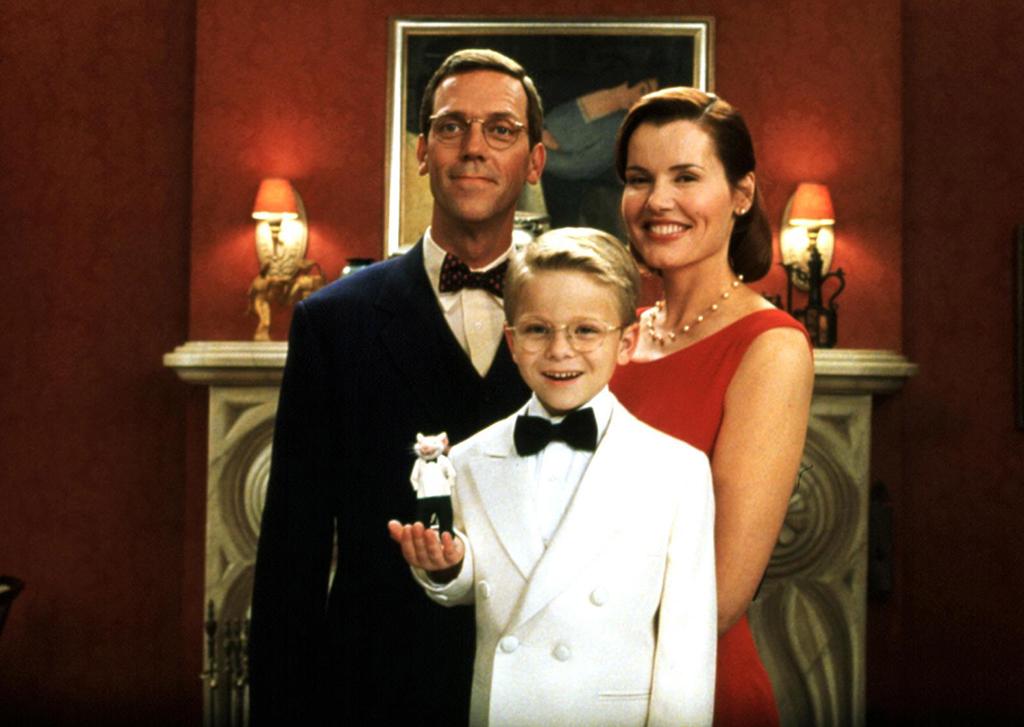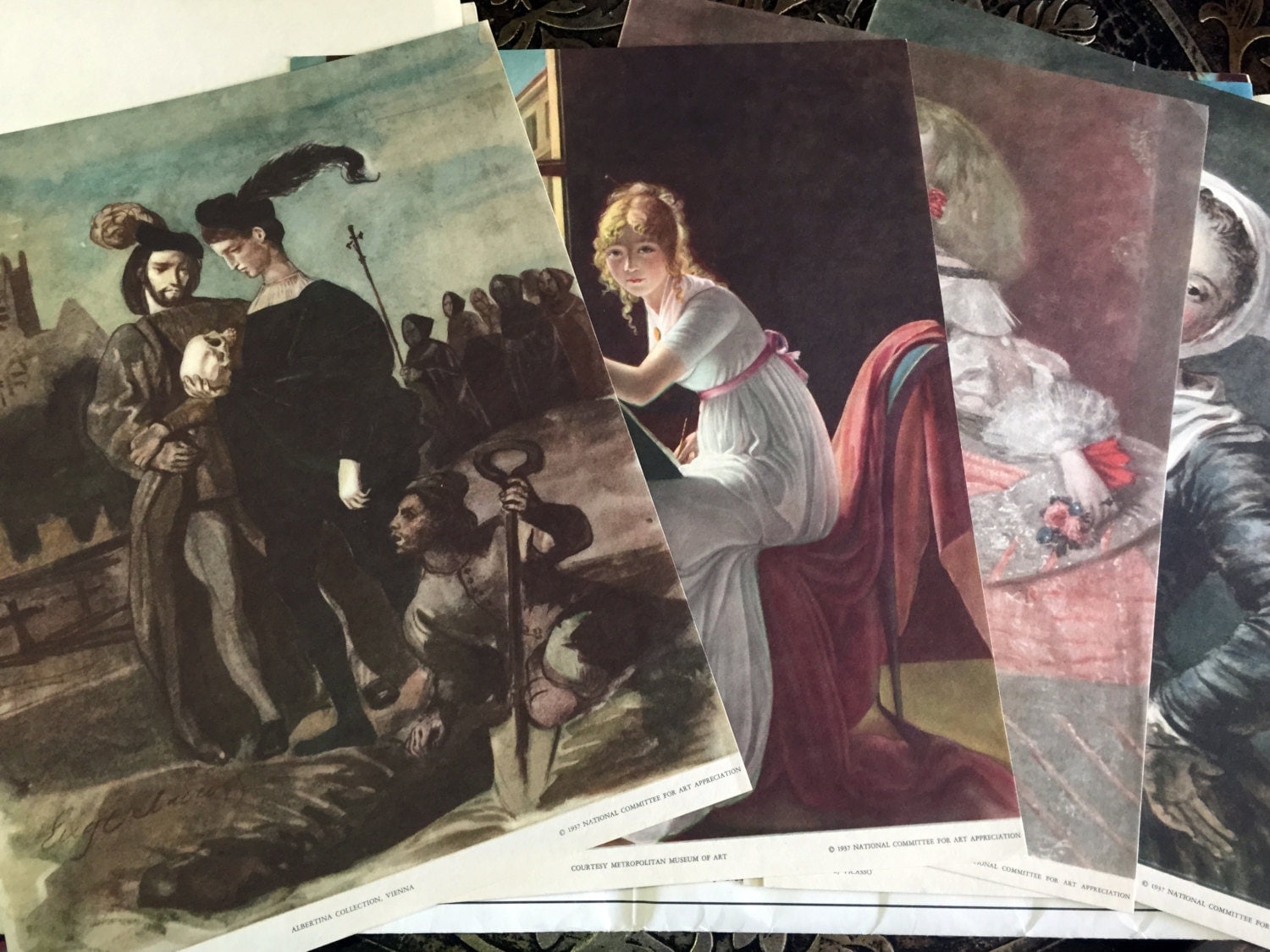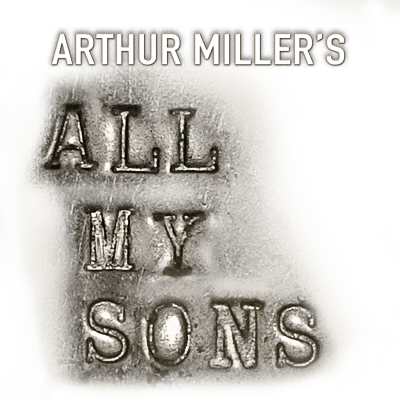


Miller won a Tony Award for Death of a Salesman as well as a Pulitzer Prize. Loman represents an American archetype: a victim of his own delusions of grandeur and obsession with success, and haunted by a sense of failure. In this play, Miller mixes the tradition of social realism that informs most of his work with a more experimental structure that includes fluid leaps in time as the protagonist, Willy Loman, drifts into memories of his sons as teenagers. The drama of the family is at the core of all of Miller's major plays, but nowhere is it more prominent than in All My Sons and Death of a Salesman.ĭeath of a Salesman (1949) secured Miller's reputation as one of the nation's foremost playwrights. Along with Death of a Salesman (his most enduring success), All My Sons and The Man Who Had All the Luck form a thematic trilogy of plays about love triangles involving fathers and sons. All My Sons, a drama about a manufacturer of faulty war materials, was strongly influenced by the naturalist drama of Henrik Ibsen. Three years later, All My Sons won the New York Drama Critics' Circle Award as the best play of 1947, launching Miller into theatrical stardom.

This early setback almost discouraged Miller from writing completely, but he gave himself one more try. Miller's first play to make it to Broadway, The Man Who Had All the Luck (1944), was a dismal failure, closing after only four performances.

After graduating from high school, Miller worked in a warehouse so that he could earn enough money to attend the University of Michigan, where he began to write plays. The Depression demonstrated to the playwright the fragility and vulnerability of human existence in the modern era. Living through young adulthood during the Great Depression, Miller was shaped by the poverty that surrounded him. He was born in October 1915 in New York City to a women's clothing manufacturer, who lost everything in the economic collapse of the 1930s. "There have been a lot of people that have said, 'I don't want to be the one to be launching this narrative in the theater' - that, you know, Arthur is too respected a writer." As it happened, Arthur Miller never wrote another masterpiece after Daniel was born.Arthur Miller was one of the leading American playwrights of the twentieth century. And I felt this real deep passion about telling this story of human fallibility."īut when DuBois tried to partner with other theaters on the production, there were no takers. "This was someone who lectured us on right and wrong. "I thought this is an incredibly important story to tell," he says. When he told Huntington Theatre Artistic Director Peter DuBois about the play, DuBois was enthusiastic. Weinraub based parts of the script on interviews he did with social workers at the institution. And to demonize him would diminish the play, because I think you have to understand and try to get to the complexity of motives and marriage and what happened between them." "You can't say their motives were evil or anything like that. And to demonize him would diminish the play.īernard Weinraub wrote Fall, and he says it was important to him to not demonize the couple. You can't say their motives were evil or anything like that.


 0 kommentar(er)
0 kommentar(er)
